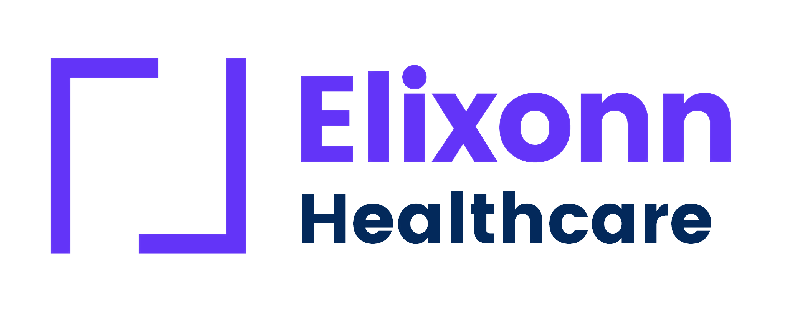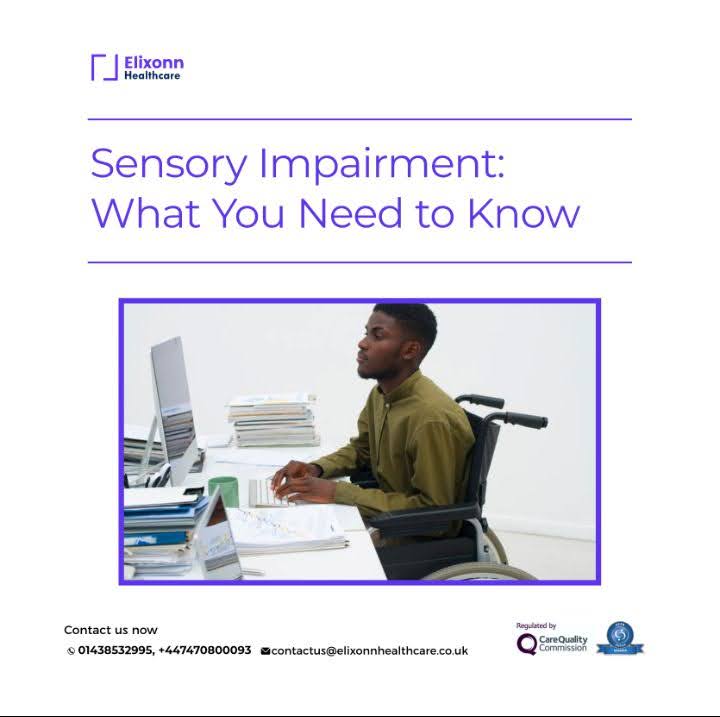In today’s fast-paced world, health monitoring and reporting have become indispensable tools for maintaining well-being and preventing medical issues. With the advent of technology and the increasing importance of proactive healthcare, individuals and healthcare providers alike are recognizing the transformative power of health monitoring and reporting systems. In this blog post, we will delve into the significance of these tools, their impact on personal health, and the broader implications for the healthcare industry.
Understanding Health Monitoring
Health monitoring involves the continuous or periodic collection of health-related data to assess an individual’s well-being. This data can encompass a wide range of parameters, including vital signs (such as heart rate, blood pressure, and temperature), physical activity, sleep patterns, and more. Modern wearable devices like fitness trackers and smartwatches have made it easier than ever for people to track these metrics in real time.
The Power of Health Reporting
Health monitoring, however, is only part of the equation. The real magic happens when this data is transformed into meaningful insights through health reporting. Reporting provides a clear picture of an individual’s health status, trends, and potential risks. These insights can empower individuals to make informed decisions about their lifestyle, diet, exercise routines, and seek medical advice when necessary.
Personal Benefits of Health Monitoring and Reporting
Preventive Health
Regular monitoring and reporting can identify subtle changes in health indicators, enabling early intervention. For instance, sudden spikes in blood pressure can be a warning sign of hypertension, prompting lifestyle changes or medical consultation.
Data-Driven Decisions
Armed with accurate data, individuals can set and track health goals effectively. They can adjust their fitness routines, optimize their diets, and monitor progress over time.
Chronic Disease Management
Patients with chronic conditions like diabetes or heart disease can use health reporting to manage their conditions more effectively. Continuous monitoring allows for timely medication adjustments and better disease control.
Sleep Quality Improvement
Sleep tracking devices help users understand their sleep patterns, identify sleep disorders, and take steps to improve sleep quality, leading to enhanced overall health.
Impact on Healthcare Providers
Health monitoring and reporting are not limited to personal use. Healthcare providers are increasingly integrating these technologies into their practices. Electronic health records (EHRs) have made it easier for doctors to access patient data, diagnose illnesses, and provide personalized treatment plans. Remote patient monitoring (RPM) has revolutionized healthcare by allowing doctors to track patients’ conditions remotely, reducing hospital readmissions and improving patient outcomes.
Challenges and Concerns
While health monitoring and reporting offer numerous benefits, there are also concerns related to data privacy and accuracy. Users must be cautious about sharing sensitive health information and ensure that the devices and apps they use comply with data protection regulations. Additionally, the accuracy of some consumer-grade health devices can vary, so users should choose reputable brands and consult healthcare professionals for a comprehensive assessment.
Conclusion
Health monitoring and reporting are invaluable tools in today’s healthcare landscape. They empower individuals to take control of their health, make informed decisions, and lead healthier lives. Moreover, they enable healthcare providers to deliver more personalized and effective care. As technology continues to advance, we can expect even more sophisticated and integrated health monitoring and reporting solutions that will further enhance our well-being and revolutionize healthcare delivery. Embracing these tools is not just a choice but a step towards a healthier and more informed future.




